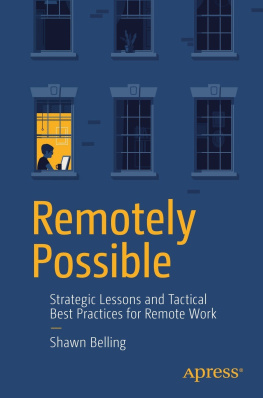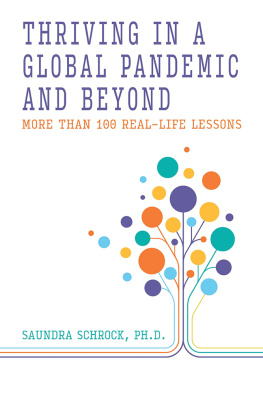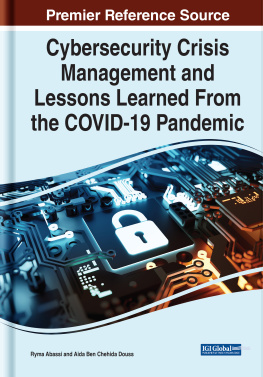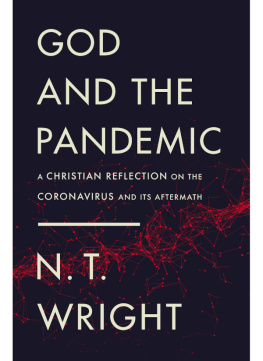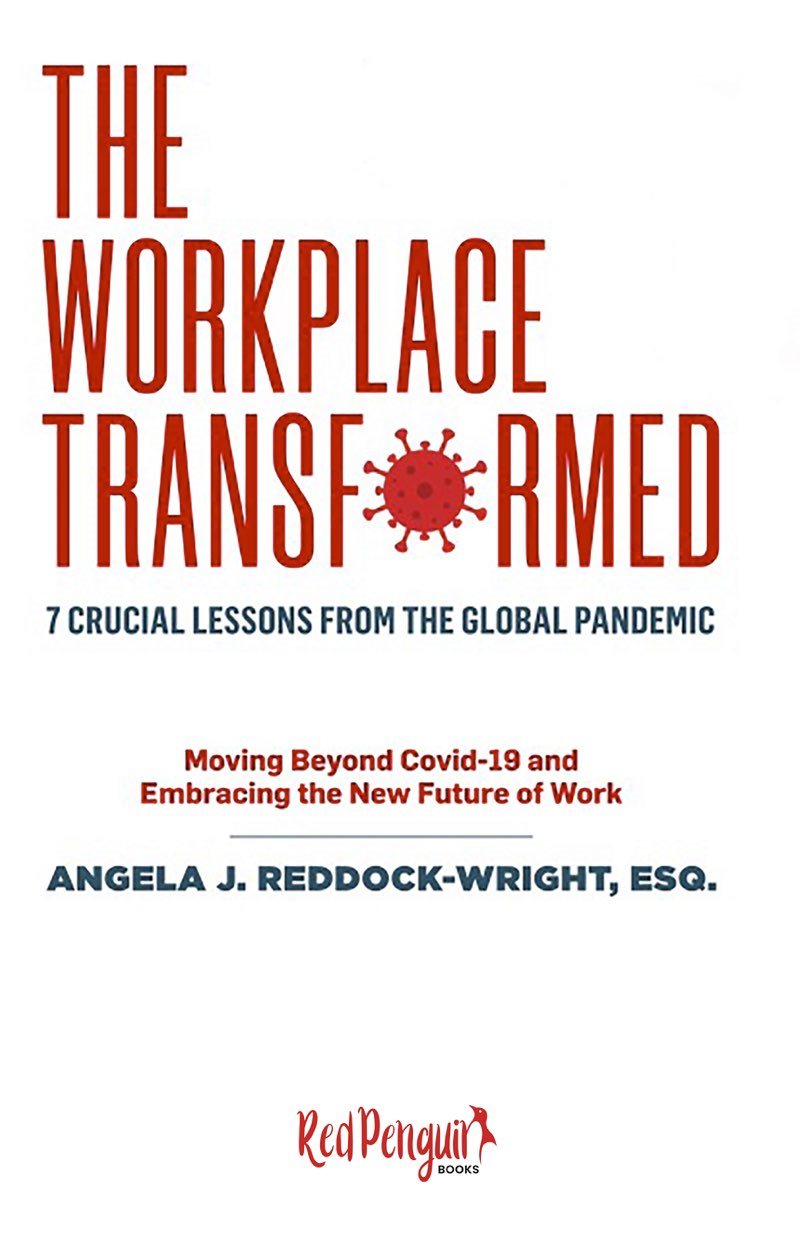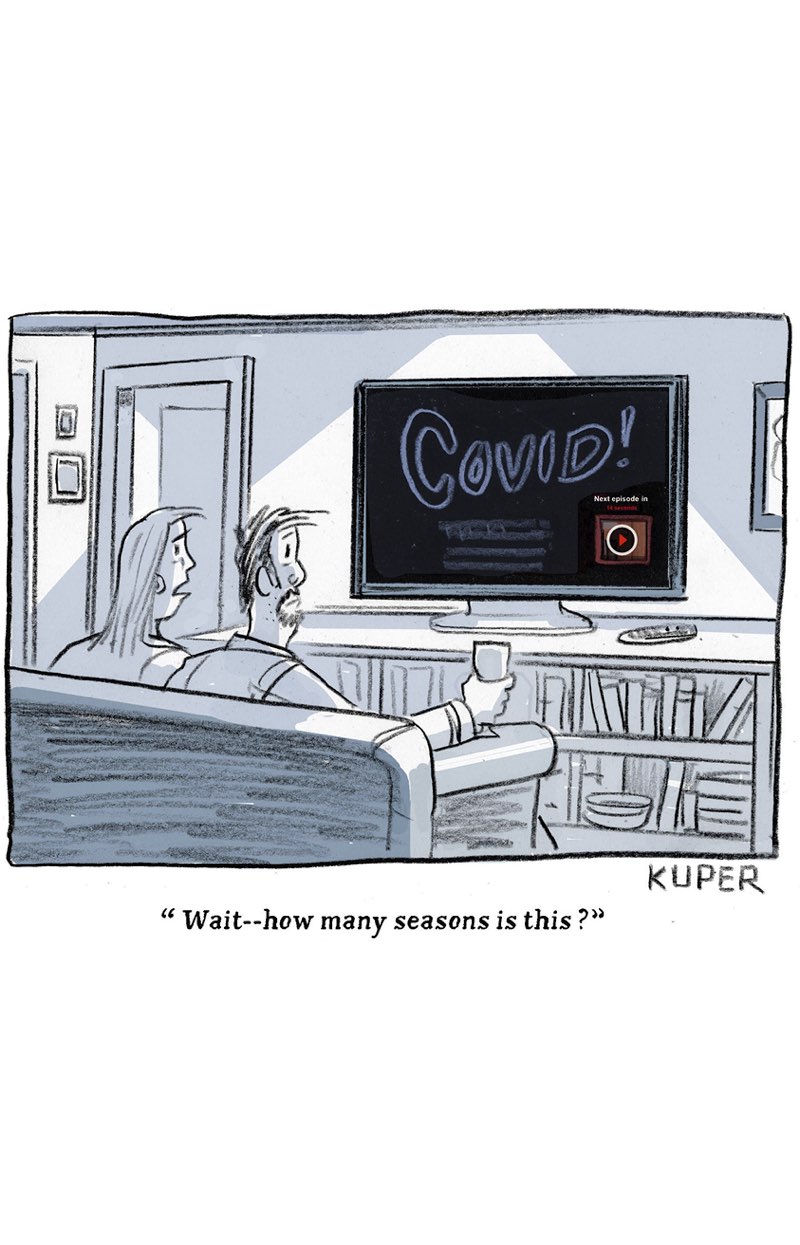History, despite its wrenching pain, cannot be unlived, but if faced with courage, need not be lived again.
- Maya Angelou
In this beautifully poignant quote, world-renowned poet and author Maya Angelou reflects on how important it is to learn from our past: as individuals and as a society. In fact, it couldnt be timelier and more relevant to what we are going through right now. In the past two years of enduring the COVID-19 pandemic, we have lived through one of the toughest times in recent history. Many of us vaguely remember how it all started
Back when we learned about the outbreak of a mysterious pneumonia in China in December 2019, little did we know how far the disease would spread and the devastating impact it would have all around the world. The World Health Organization declared COVID-19 a pandemic in March 2020, and its safe to say that very few of us have ever anticipated such a dramatic turn of events or expected to witness such an epic loss of life about 6.3 million people to date and counting.
As for me, never could I have imagined I would become part of the solution and write a book that documents valuable lessons learned as the world was forced to evolve, adapt, and transform over a short period of time - faster, in fact, than we could have ever envisioned.
There are a few main reasons I decided to write this book and share my insights with the world. Of course, we are all aware that the pandemic devastated our economy, disrupting the job market and overwhelming our healthcare system while pushing essential workers beyond their physical and mental limits. Without a doubt, observing the myriad of challenges, caused by this global health crisis, has been heartbreaking.
Yet, at the same time, the whole experience has given me hope, even in the darkest of moments, and made me realize that adversity may serve as a powerful force to push things forward. It can fuel positive change and improve different aspects of our lives, both on personal and professional levels. In other words, I am hoping that this book will inspire my readers and serve as a reminder that, sometimes, out of bad comes something good.
In addition to that, I have to admit my nature has always been to avidly watch and learn. As a former employment and labor law litigator turned mediator, arbitrator, and investigator, my passion is to observe how employers and employees interact and achieve progress. As a result, I closely follow all the new developments and trends that cause key short-term and long-term changes to the world of work. I have certainly paid particular attention to how living through COVID-19 has fundamentally altered the traditional 21st century work environment.
In this book I stress how childcare disruptions, the shuttering of so many businesses and offices, and the expansion of our virtual world has transformed the way we communicate, engage with one another, and manage employees, among other things.
Furthermore, while some workplaces are getting back to business, and many others are carefully planning to follow suit and get back into the swing of things, employees are increasingly resisting or challenging the status quo. Evidence suggests that they want their employers to respond to ever-evolving needs and concerns that affect both individuals and the company as a whole: motivation, productivity, race relations, compensation and support in the workplace, and many other crucial issues that still need to be addressed.
Coincidentally, as I sit here writing this intro in the wake of the 20th anniversary of the September 11th terrorist attacks, I find myself drawing parallels in my mind between 2001 and 2020 two years of tragedy, uncertainty, and adjustment. While it may be impossible to directly compare 9/11 and COVID-19, one thing is for sure: it is vital to document where we have been, no matter how dramatic, especially as we live through historic events that irreversibly alter the world as we once knew it. It bears repeating that these milestones become lessons learned that enable us to grow, improve ourselves, and gain strength in the face of adversity. Thats what this book is all about.
Each one of us can reflect on how these events have shaped our own lives and altered our attitudes. Thats why my goal for this book is to reflect upon and create a dialogue around some of the major transformations the pandemic has brought about in my sphere of influence: the world of work. Even more importantly, Id like to challenge us all to contemplate where we go from here, and what lessons we can carry forward into an uncertain future while maintaining a positive outlook.
The lessons briefly outlined below serve as a summary of the book stressing the issues, the lessons learned, and the solutions for better, brighter, and safer times ahead. I am convinced its a worthwhile endeavor that will make a difference and help companies and their employees navigate the new normal with confidence.
Lessons Learned from the Pandemic:
The Es and the Ds to Keep in Mind for Years to Come
In light of current events, I am happy to share my insights in a book that captures the essence of the drastic changes caused by the crushing pandemic. These changes caught us off guard, influencing every aspect of our lives. Yet, I also believe that unexpected challenges may lead to opportunities, as every disaster or emergency offers lessons learned as well as a chance for employers and employees, alike, to prepare for future crises.


